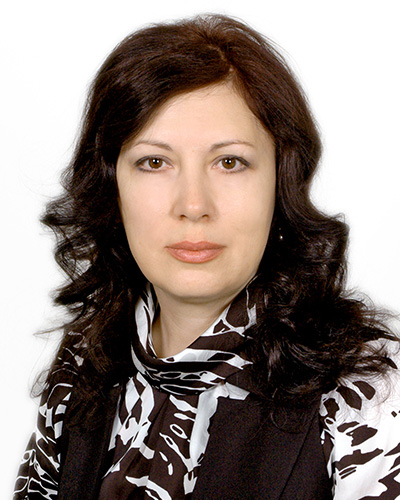|
UDC 332.122(23)
Kolodiychuk, I. (2017). Mekhanizmy stymulyuvannya rozvytku hirs'kykh ta problemnykh terytoriy (zarubizhnyy dosvid) [Mechanisms to stimulate the development of mountain and problem areas (foreign experience)]. In Sotsial'no-ekonomichni problemy suchasnoho periodu Ukrayiny [Socio-Economic Problems of the Modern Period of Ukraine]: Vol. 127 (5) (pp. 111-113). Retrieved from http://ird.gov.ua/sep/doi/sep2017.05.113.php. [in Ukrainian].
Sources: 11
Authors
Kolodiychuk Iryna AnatoliyivnaPh.D. of Economics, Senior Researcher
Senior Researcher, Scientific Secretary of the unit of the Department of regional ecological policy and environmental management of the Dolishniy Institute of Regional Research of NAS of Ukraine
Contacts:  ira1166@ukr.net, ira1166@ukr.net,  +38(067)81-17-182 +38(067)81-17-182
Webpages:      
ResumeThe attention is focused on the mechanisms of stimulating the development of mountain and problem areas, which are widely used in the practice of the European countries. It is specified the considerable experience of these countries in conducting an effective mountain policy. It was singled out a number of principles on which the policy of providing the incentives for economic activity in the mountains is based. It is noted the decisive role of the financial aspects of the mountain areas development, the external financing among which is particularly important. Considerable importance and role in the development of mountain areas is given to the state support. Public-private partnership, as the European experience demonstrates, enables the implementation of an economic modernization policy and solving some important problems of socio-economic development in mountain areas. On this basis, social and economic problems within them and many environmental issues are successfully solved.
Keywords:mountain regions, incentive mechanisms, the European space, tax incentives, public-private partnership
|